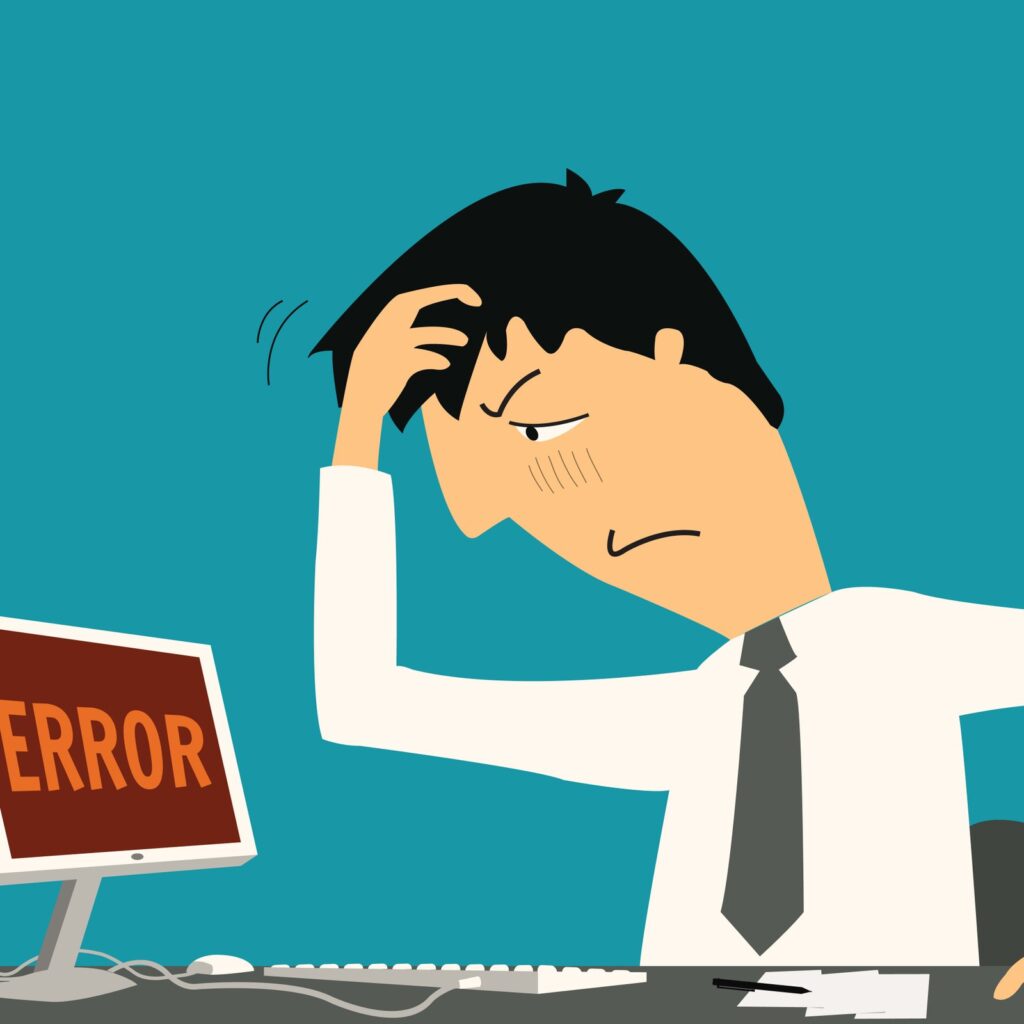As with any entrepreneurial venture, a social enterprise is bound to encounter some challenges in the process of starting up and becoming established. Below are some examples of mistakes social entrepreneurs have made and how they have learned from these mistakes.
Product: Zack Rosenberg, founder of DoGoodBuyUs, a website that sells products made by charitable organizations, encountered some challenges in the early stages of his venture. One of the first companies he attracted to sell their goods on his site had put together a package that was not of the quality or price point that customers were interested in, and the package sales were a flop. Rosenberg learned that no matter what the cause is, if people do not want the product they will not buy it. He was able to use the experience to demonstrate the potential of his site to other sellers, and has since partnered with over 70 organizations. Read the whole article.
Asking for Help & Feedback: A social entrepreneur, perhaps even more than a traditional entrepreneur, believes they have found a solution to a problem that no one has yet come up with. This leads to a strong belief in the “correctness” of the solution which, as the social enterprise is being assembled, may lead to blindness on the entrepreneur’s part of the areas in which they are actually not correct. You are not expected to have all the answers and there is no failure in admitting you were wrong about something. Be open to criticism and seek help before you begin to hit major setbacks. You may end up needing to alter your original plan significantly, so be flexible with the details and remember that your journey is ultimately about creating lasting social impact.
Marketing: Your product will not sell itself. You must be selling something that people want to buy, or else figure out how to convince them that they want to buy it. Few social enterprises will have a product that reaches the marketing success of TOMS shoes. TOMS has a great mission, but it’s worth mentioning that TOMS also managed to become a fashion statement once they were spotted on the feet of celebrities. But for social enterprises without celebrity ambassadors, know your audience: what kind of action must you take to reach the audience that buys your product, and how is that audience the same (or different) from the audience that benefits from your social mission? The further apart the two audiences are, the more likely you will need to engage in marketing tactics that compete with traditional commercial enterprises.
Hiring on Availability Rather than Talent: When you are putting together your staff for the social enterprise, do not rush into hiring the first passionate individual who sits down to speak with you. In the beginning stages of your business you will be fueled by the energy you have towards your mission, and it is crucial that you do not allow it to sidetrack you from the importance of hiring someone who is right for the job and not someone who is under experienced. A non-profit is a better business entity for hiring volunteers and entry-level employees, but a social enterprise must bear in mind that there is a need to earn a profit. A suggestion for avoiding the mistake of hiring the wrong person is to thoroughly articulate the job requirements and experience necessary, on paper, before you begin speaking with potential employees. This way you already know what your ideal candidate looks like.
Believing that a Social Enterprise is the Only Way: The popularity of the social enterprise model is fairly recent, and as more universities are offering courses in social entrepreneurship and the business media is beginning to cover more social enterprises, entrepreneurs may cling to the idea as though it is the only way to change the world. It is not. Your altruism is not wasted if you end up working in another field, don’t discount the benefit you offer to the world by having your head and heart dedicated to change. Read Lara Galinsky’s thoughts on why not everyone should be a social entrepreneur.


